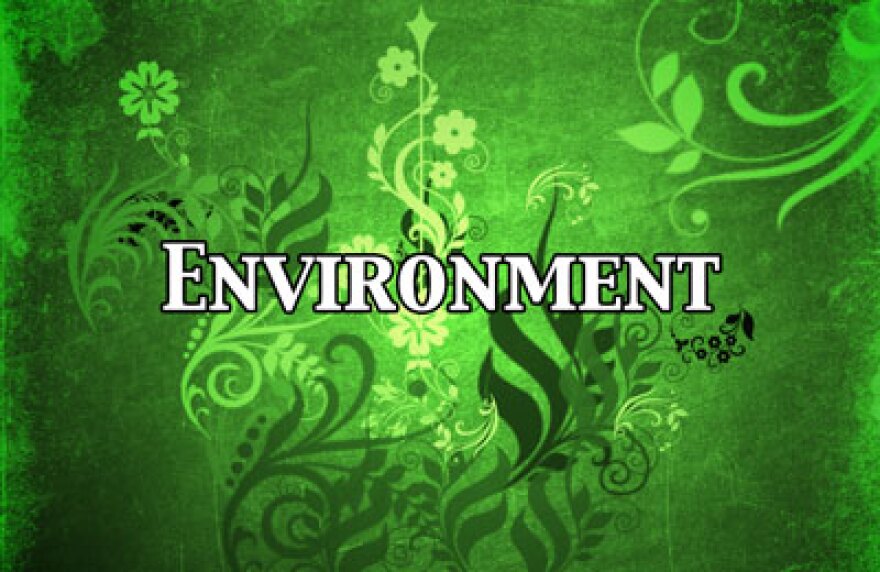Commentary: The Nuclear Regulatory Commission on Wednesday accepted Holtec International’s application to store up to 100,000 metric tons of spent fuel rods from the more than 100 U.S. commercial nuclear reactors at a site between Carlsbad and Hobbs.
That action begins a multi-year process that will include public meetings in New Mexico, potentially in April, and quasi-legal hearings, which may occur in 2019. Holtec’s application presumes that spent fuel could be stored for 120 years.
The Sierra Club understands the need for safe storage of used commercial nuclear fuel rods, as these continue to be dangerously radioactive for centuries. Current practice is to allow cooling of used fuel rods in pools of water at the reactor sites before they are moved into canisters for on-site storage. The Sierra Club will participate in the NRC process because of its concerns about Holtec’s proposal to move these canisters into a “temporary” location until a longer-term solution is determined. Minimizing movement of the radioactive waste will minimize risk. Moving the waste twice — once to a temporary location, and then to a permanent location, will maximize risk to workers and citizens living near transport routes.
The transport of very heavy canisters of radioactive fuel rods, each one weighing more than 185 tons, will create challenges for the U.S. rail system. The Department of Energy analysis of Nevada’s Yucca Mountain site, intended for permanent disposal of 63,000 metric tons of spent fuel, estimated 160-180 latent cancer fatalities to transportation workers and up to 110 traffic fatalities.
“Because the Holtec proposal is for significantly more waste being shipped in a shorter time period, even more fatalities are likely,” said Don Hancock, Nuclear Programs Director at Southwest Research and Information Center.
“The U.S. must minimize movement of radioactive waste from nuclear reactors, not ship it into rural New Mexico through heavily populated areas and many low-income communities,” said John Buchser, Water Committee chair for the Sierra Club Rio Grande Chapter. “This proposal endangers New Mexicans.”


